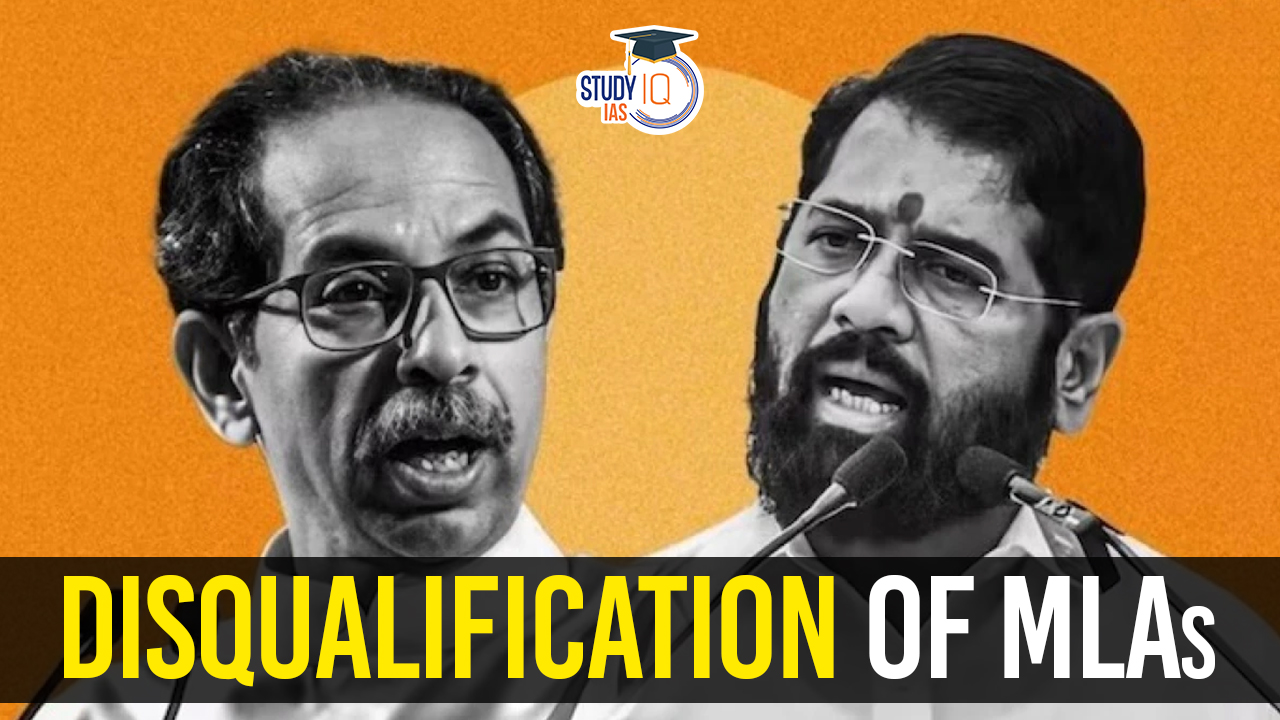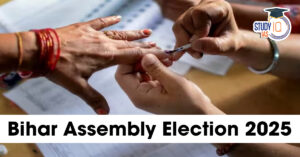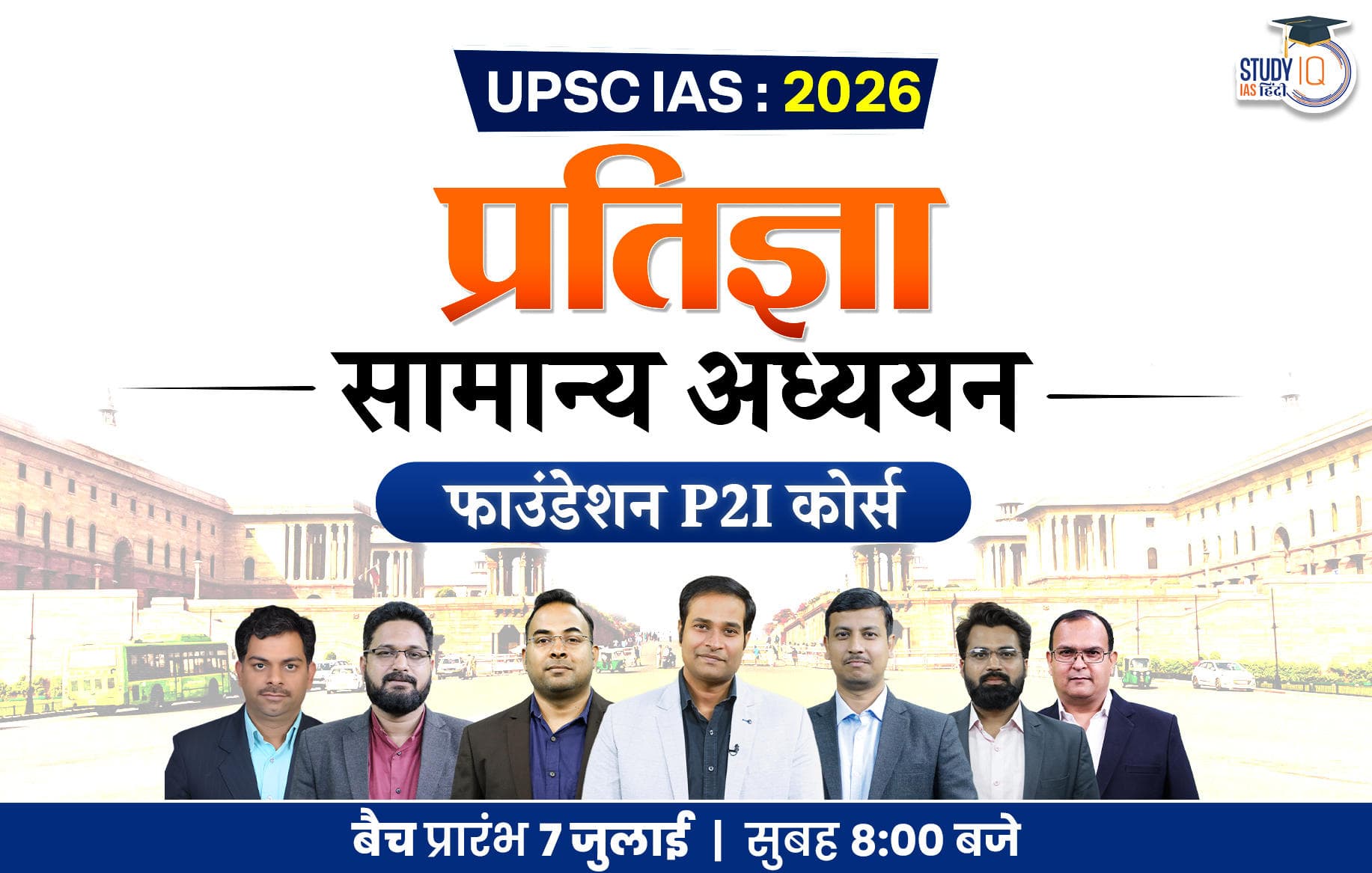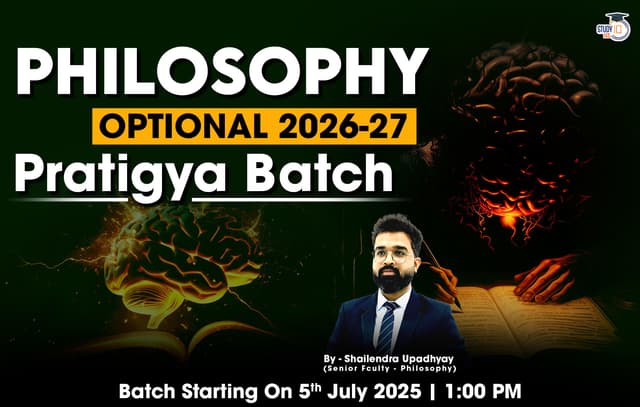Table of Contents
Context: Six Congress legislators, who had cross-voted in the Rajya Sabha elections were disqualified from the Himachal Pradesh Assembly by the Speaker.
More In News
- The ground for disqualification was defying a party whip to vote in favour of the government.
- The motion for disqualification was moved by the State Parliamentary Affairs Minister.
- If there is no stay on the disqualification by a court, under Section 151A of the Representation of the People Act, 1951, the Election Commission is duty-bound to conduct bypolls to Assembly constituencies within six months
| Section 151A of the Representation of the People Act, 1951 |
| It mandates the Election Commission to fill the casual vacancies in the Houses of Parliament and State Legislatures through bye elections within six months from the date of occurrence of the vacancy, provided that the remainder of the term of a member in relation to a vacancy is one year or more. |
Anti-Defection Law (Tenth Schedule)
- The Anti-Defection Law in India refers to a set of constitutional provisions enacted to prevent political defections by elected representatives.
- The law aims to maintain stability in the democratic system by discouraging elected officials from switching parties after being elected.
- It was first introduced through the 52nd Amendment Act of 1985 and is enshrined in the Tenth Schedule of the Indian Constitution.
What is ‘Defection’?
- The term ‘Defection’ has been derived from a Latin word ‘Defectio’ which means to abandon a position or association, often to join an opposing group.
- Defection covers the change of party affiliation both from the opposition to the government side or vice versa as also change as between the parties on the side of the house.
- Traditionally this phenomenon was known as ‘floor crossing’ which had its roots in the British House of Commons, where the legislator could change his allegiance when he crossed the floor and moved from the side of the government to the side of the opposition or vice-versa as the case may be.
Key Provisions under the Anti-Defection Law
The Anti-Defection Law (or the Tenth Schedule) includes the following provisions with regard to the disqualification of MPs and MLAs on the grounds of defection:
| Grounds for disqualification | If a member of a house belonging to a political party:
However, if the member has taken prior permission on the particular issue, or is condoned by the party within 15 days from such voting or abstention, the member shall not be disqualified. The other grounds for disqualification of a member are:
|
| Power to disqualify |
|
| Exceptions under the Anti Defection Law |
|
| Scope for Judicial Review |
|


 Elon Musk’s America Party: A New Chapt...
Elon Musk’s America Party: A New Chapt...
 Bihar Assembly Election 2025: Complete G...
Bihar Assembly Election 2025: Complete G...
 17th BRICS Summit 2025: India’s Leader...
17th BRICS Summit 2025: India’s Leader...





















